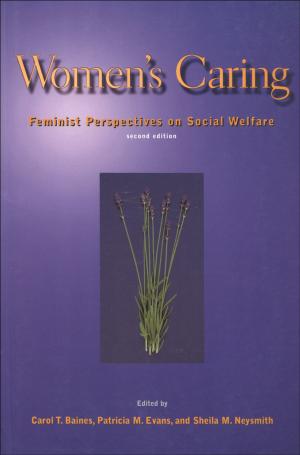True Patriot Love
The Politics of Canadian Nationalism
Nonfiction, Social & Cultural Studies, Political Science, International, Fiction & Literature| Author: | Sylvia Bashevkin | ISBN: | 9780199010486 |
| Publisher: | Oxford University Press Canada | Publication: | December 15, 2009 |
| Imprint: | Language: | English |
| Author: | Sylvia Bashevkin |
| ISBN: | 9780199010486 |
| Publisher: | Oxford University Press Canada |
| Publication: | December 15, 2009 |
| Imprint: | |
| Language: | English |
This book offers the first systematic treatment of organized nationalism in English Canada, focusing on its cultural, trade, and investment streams. The study argues that "pan-Canadianism" since the 1970s has generally adopted centralist and left-of-centre positions, defending assertive regulation in the communications and energy sectors, for example. Nationalists have worked to build alliances with feminists in English Canada, but have had more difficulty relating to Quebec nationalism and to the decentralist politics of regionalism in Western Canada. This book reveals many of the dilemmas facing groups which seek to unify and strengthen the country. In the face of internal and external threats to survival, it assesses how nationalists would save Canada.
This book offers the first systematic treatment of organized nationalism in English Canada, focusing on its cultural, trade, and investment streams. The study argues that "pan-Canadianism" since the 1970s has generally adopted centralist and left-of-centre positions, defending assertive regulation in the communications and energy sectors, for example. Nationalists have worked to build alliances with feminists in English Canada, but have had more difficulty relating to Quebec nationalism and to the decentralist politics of regionalism in Western Canada. This book reveals many of the dilemmas facing groups which seek to unify and strengthen the country. In the face of internal and external threats to survival, it assesses how nationalists would save Canada.















